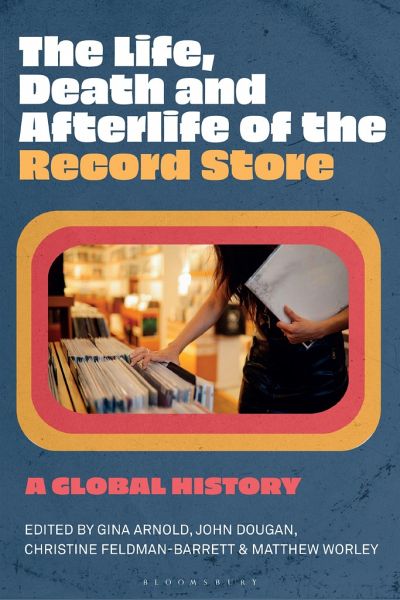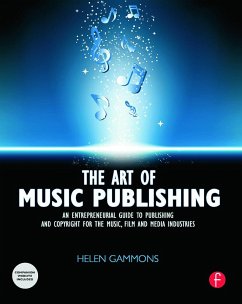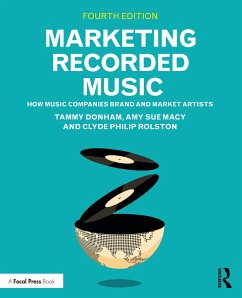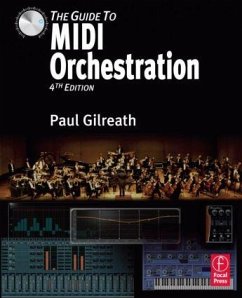
The Life, Death, and Afterlife of the Record Store
A Global History
Herausgeber: Arnold, Gina; Worley, Matthew; Feldman-Barrett, Christine; Dougan, John
Versandkostenfrei!
Versandfertig in 2-4 Wochen
32,99 €
inkl. MwSt.
Weitere Ausgaben:

PAYBACK Punkte
16 °P sammeln!
Once conduits to new music, frequently bypassing the corporate music industry in ways now done more easily via the Internet, record stores championed the most local of economic enterprises, allowing social mobility to well up from them in unexpected ways. Record stores speak volumes about our relationship to shopping, capitalism, and art. This book takes a comprehensive look at what individual record stores meant to individual people, but also what they meant to communities, to musical genres, and to society in general. What was their role in shaping social practices, aesthetic tastes, and eve...
Once conduits to new music, frequently bypassing the corporate music industry in ways now done more easily via the Internet, record stores championed the most local of economic enterprises, allowing social mobility to well up from them in unexpected ways. Record stores speak volumes about our relationship to shopping, capitalism, and art. This book takes a comprehensive look at what individual record stores meant to individual people, but also what they meant to communities, to musical genres, and to society in general. What was their role in shaping social practices, aesthetic tastes, and even, loosely put, ideologies? From women-owned and independent record stores, to Reggae record shops in London, to Rough Trade in Paris, this book takes on a global and interdisciplinary approach to evaluating record stores. It collects stories and memories, and facts about a variety of local stores that not only re-centers the record store as a marketplace of ideas, but also explore and celebrate a neglected personal history of many lives.













